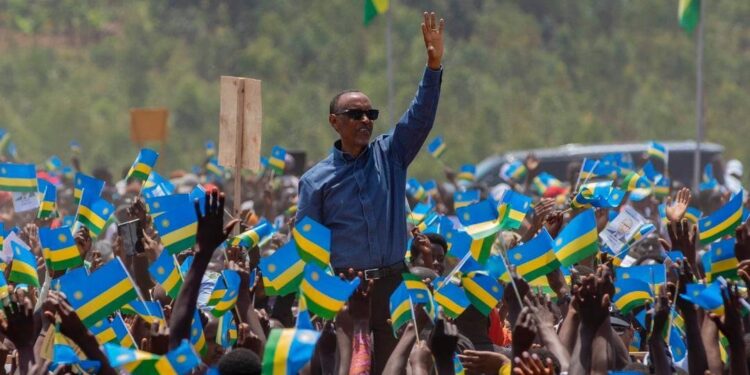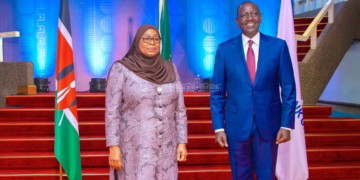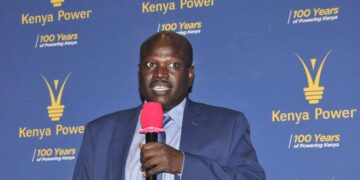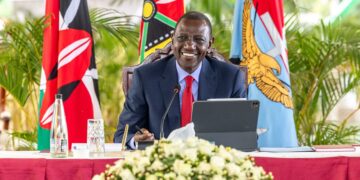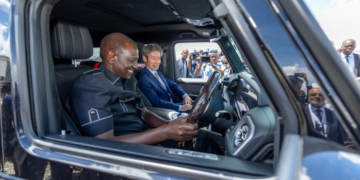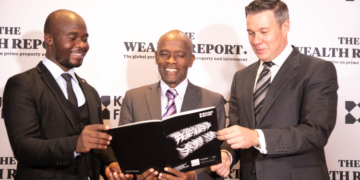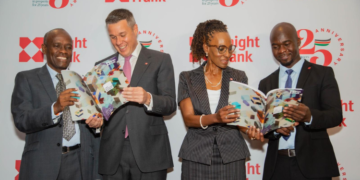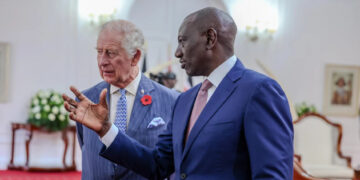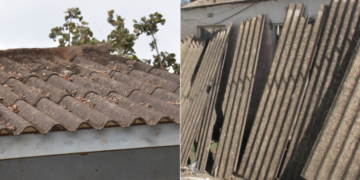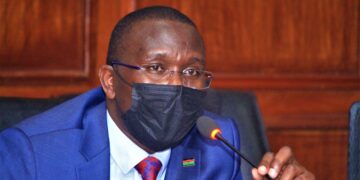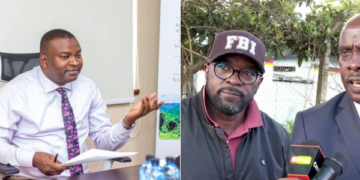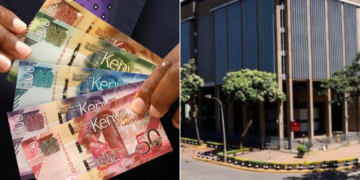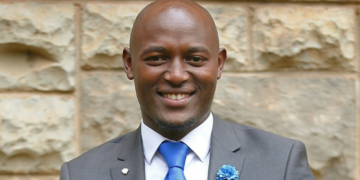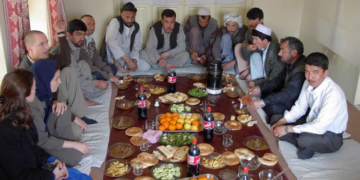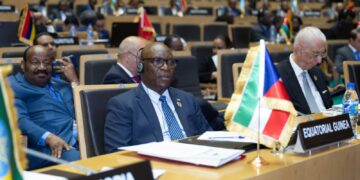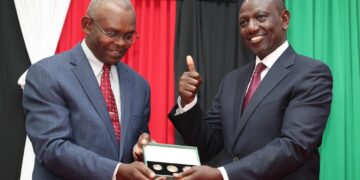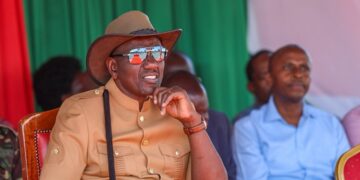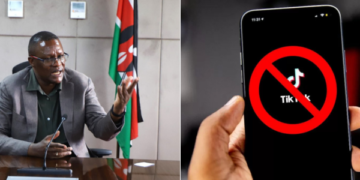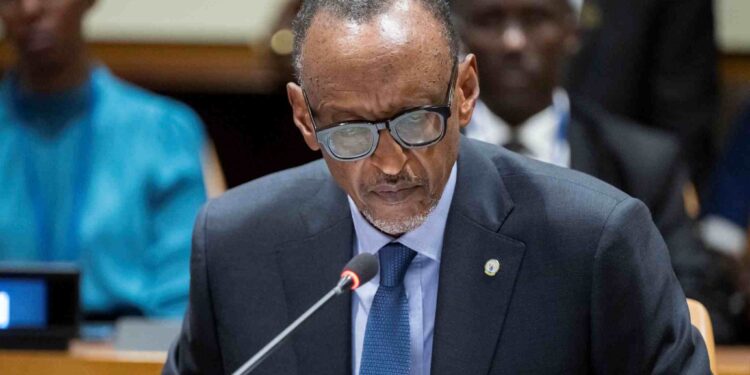Rwanda’s President Paul Kagame on Tuesday, 19 September declared his intention to seek a fourth term in the upcoming 2024 presidential election.
This decision could extend his tenure to a quarter of a century in power. Kagame, who assumed the presidency in 2000, became eligible for an additional decade in office following a constitutional amendment in 2015 that effectively altered term limits.
The Rwandan Constitution previously allowed the President to have a seven-year tenure renewable once, through a Constitutional change conducted in 2003.
However, the 2015 constitutional amendment allowed a president to serve two five-year terms commencing in 2017, which allowed Kagame to run for his third term.
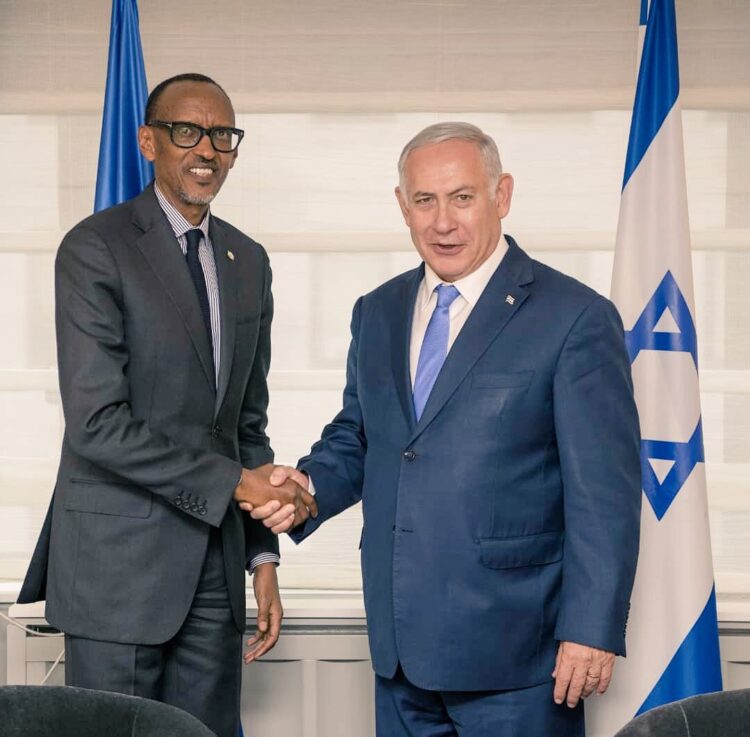
In an interview with the pan-African Jeune Afrique magazine, Kagame confidently affirmed his candidacy.
“I am happy with the confidence that the Rwandans have shown in me. I will always serve them, as much as I can. Yes, I am indeed a candidate,” said the former military officer.
Also Read: Deaths Reported as Friends Feast on Carcass
Rwandan Constitutional Amendments
The referendum to change the constitution in 2015 garnered more than 90% supporters followed by a vote by Rwandan lawmakers to remove term limits for Kagame.
Also, the vote allowed the former rebel leader to rule for another 19 years meaning that he is eligible to rule up to 2034 if he decides to contest in all the upcoming elections.
Additionally, Kagame is specifically allowed to rule the country as long as he wishes based on a standalone Article 172 passed by the law makers.
The article states: “The President shall continue to serve the term for which he was elected, and the provisions of Article 101 of this revised Constitution shall be applicable after the expiry of a seven-year term.”
Kagame at the helm
Kagame’s leadership has been both lauded and condemned. He has received international recognition for presiding over a period of peace and impressive economic growth in Rwanda following the harrowing 1994 genocide.
The genocide claimed the lives of an estimated 800,000 ethnic Tutsis and moderate Hutus before Kagame’s Rwandan Patriotic Front (RPF) took over the country marking the end of the genocide.
However, his administration has also faced criticism, with human rights groups accusing him of suppressing political opposition and curtailing independent media.
Also Read: Brain Chip That Can Help You Control Computer Cursor with Your Mind Approved
However, Kagame has vehemently denied any wrongdoing even in the face of disapproval from Western countries, including the United States.
The countries have consistently criticized the constitutional change that allowed him to remain in power beyond his initial term, but the former army officer remains resolute.
“People are supposed to be independent and should be allowed to organize themselves as they wish,” he asserted.
This announcement came at a crucial time in African politics where several countries such as Niger, Sudan, Gabon and Burkina Faso have witnessed a wave of coups and political transitions.
